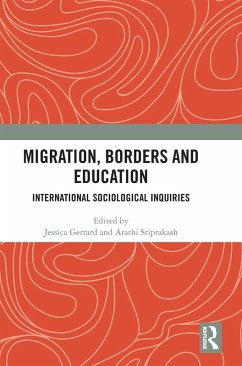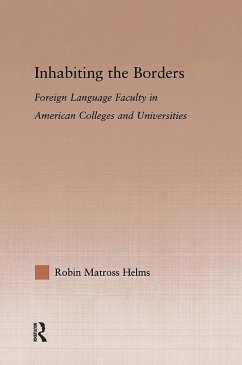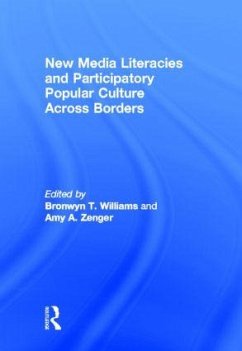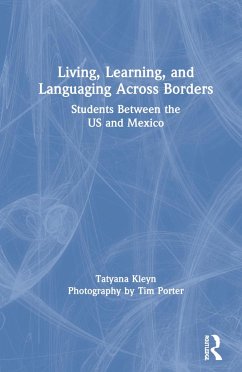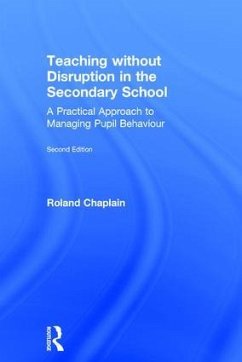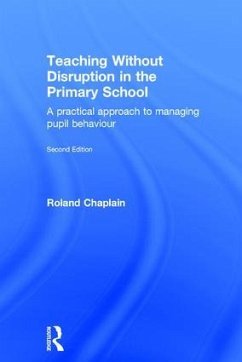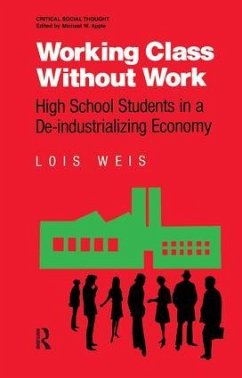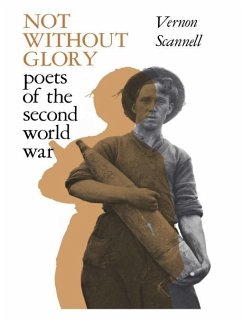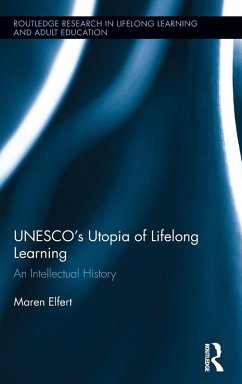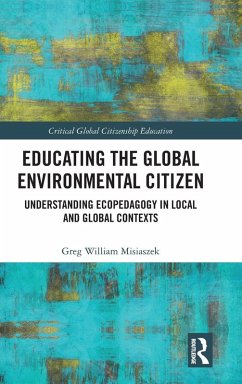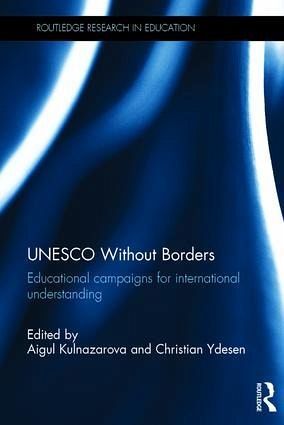
UNESCO Without Borders
Educational campaigns for international understanding
Herausgeber: Kulnazarova, Aigul; Ydesen, Christian

PAYBACK Punkte
88 °P sammeln!
Based on archive-based empirical and historical research, this book takes a close look at past developments in the United Nations Educational, Scientific and Cultural Organization's educational policies and practices, with a particular focus on history teaching, in order to offer a new research trajectory for understanding the roles played by UNESCO and other international organizations and the effects of globalization on education.




